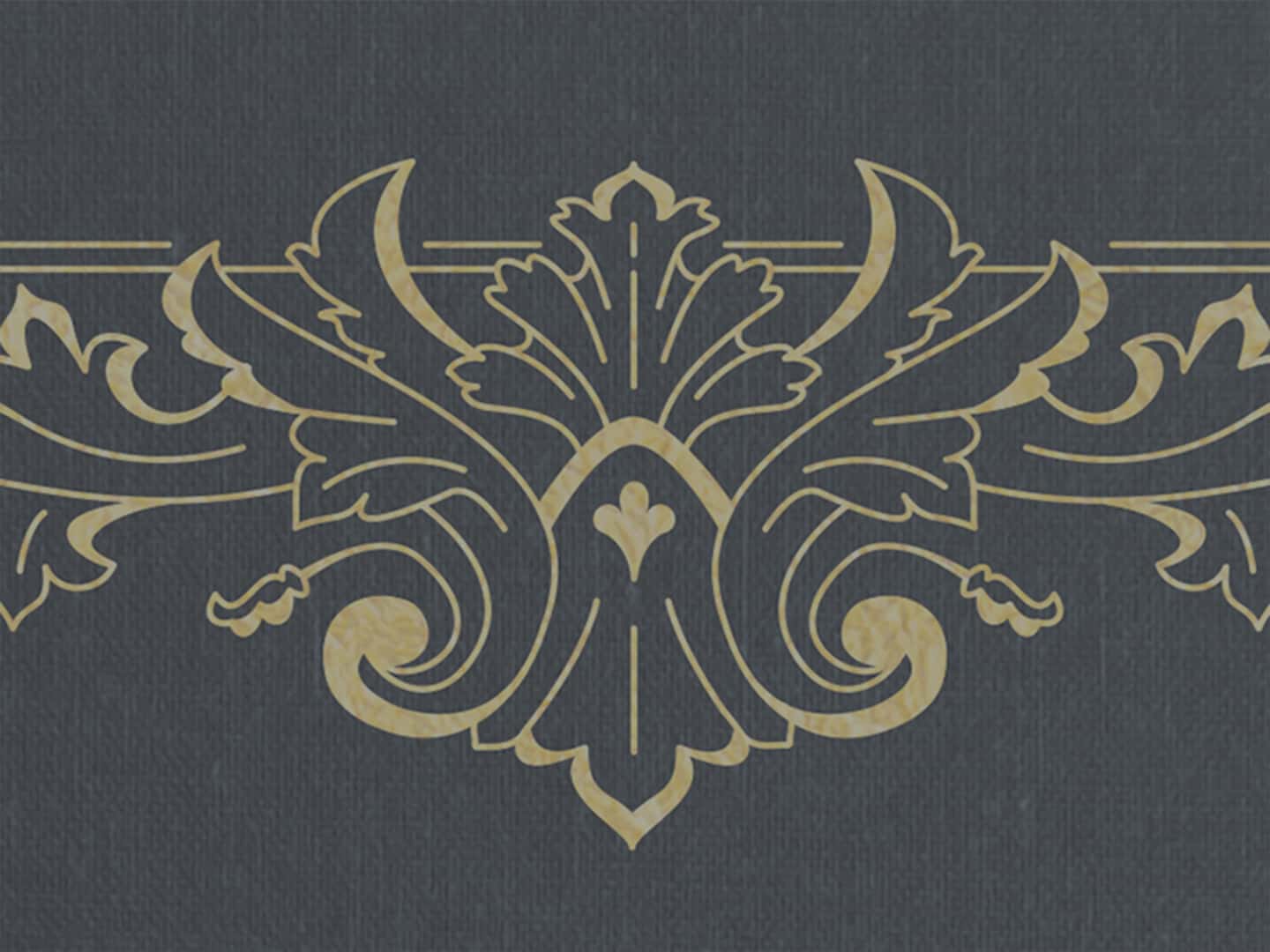
That prayer is most likely to pierce heaven which first pierces one’s own heart.
—Thomas Watson (1620–1686)
What does it take to pray like a Puritan? And why would we want to?
For more than two centuries, a bright, passionate faith spread throughout England and across the Atlantic to its colonies—a passion that spurred service and holy living for the day along with a clear view of eternity.
The Puritan movement sought to carry the Reformation forward and “purify” the Church of England throughout the 1600s and into the 1700s on both sides of the Atlantic. Its followers sought purity of Scripture-based worship, purity of doctrine, and purity of prayer.
Their aim was neither casual nor perfunctory prayer. The prayers of the Puritans shook lives to the core, pled with a sovereign God for mercy, and praised him in the brightest sunshine of grace.
“In Puritan thinking, the Christian life was a heroic venture, requiring a full quota of energy,” says Wheaton College professor Leland Ryken. “For the Puritans, the God-centered life meant making the quest for spiritual and moral holiness the great business of life.”
Prayers for Us
With that in mind, we may have much more in common with our Puritan ancestors in the faith than we could have imagined. Just read what they prayed, and pray along. In so doing, we become a living answer to the prayer of one Puritan pastor, Philip Doddridge, who asked that his writings “may reach to those who are yet unborn, and teach them your name and your praise, when this author has long dwelled in the dust.”
And the Rev. Doddridge wasn’t the only one with a long-range perspective. Another Puritan pastor, Joseph Alleine, wrote in 1671:
And though I might never know it while I live, yet I beg you, Lord God, let it be found at the last day, that some souls are converted by these labors. And let some be able to stand forth and say that by these they were won to you. Amen, amen. Let the one who reads this say amen.
Puritanical Puritans
The Puritans have an undeserved reputation for severity. (The very name “Puritan” was originally a slur.) And indeed, they lifted God very high, so that man might appear as nothing before him.
Matthew Henry wrote,
You are the blessed and only ruler, the King of kings, and the Lord of lords, who only has immortality, dwelling in the light which no one can approach, whom no one has seen or can see.
But the Puritans believed in a biblical God, one who is not just “transcendent” but “immanent”—one who is both impossibly far and incredibly near. Robert Hawker wrote,
Oh Lord, send forth today abundant streams to cleanse, revive, comfort, satisfy, and strengthen all your churches. Lord, cause me to drink of the rivers of your pleasure, for you are the fountain of life.
This combination of awe before God’s holy presence and deep, passionate love for the Christ who said, “I am with you always,” marks the Puritans. Far from being haunted by the fear that someone, somewhere might be happy (H.L. Mencken’s taunt about them), the Puritans knew where true and lasting pleasure was to be found.
They also discovered the great open secret of prayer: the value of praying God’s words back to him. Over and over throughout their prayers, the Puritans make allusion to the Bible. It suffuses their devotion, keeping it from morphing into mysticism. It also makes them accessible to today’s Christians—because the Bible is something we surely share. We can learn to pray like the Puritans.
The only way the Puritans’ killjoy reputation can be maintained is through ignorance of what they actually wrote. It was not just warm-hearted but ardent, not just careful but truly biblical. The prayers of the Puritans are a treasure for today.
This post is excerpted from the introduction to Piercing Heaven: Prayers of the Puritans (Lexham Press, 2019).







An insightful article. Giving understanding to Puritan thought, prayer and action.